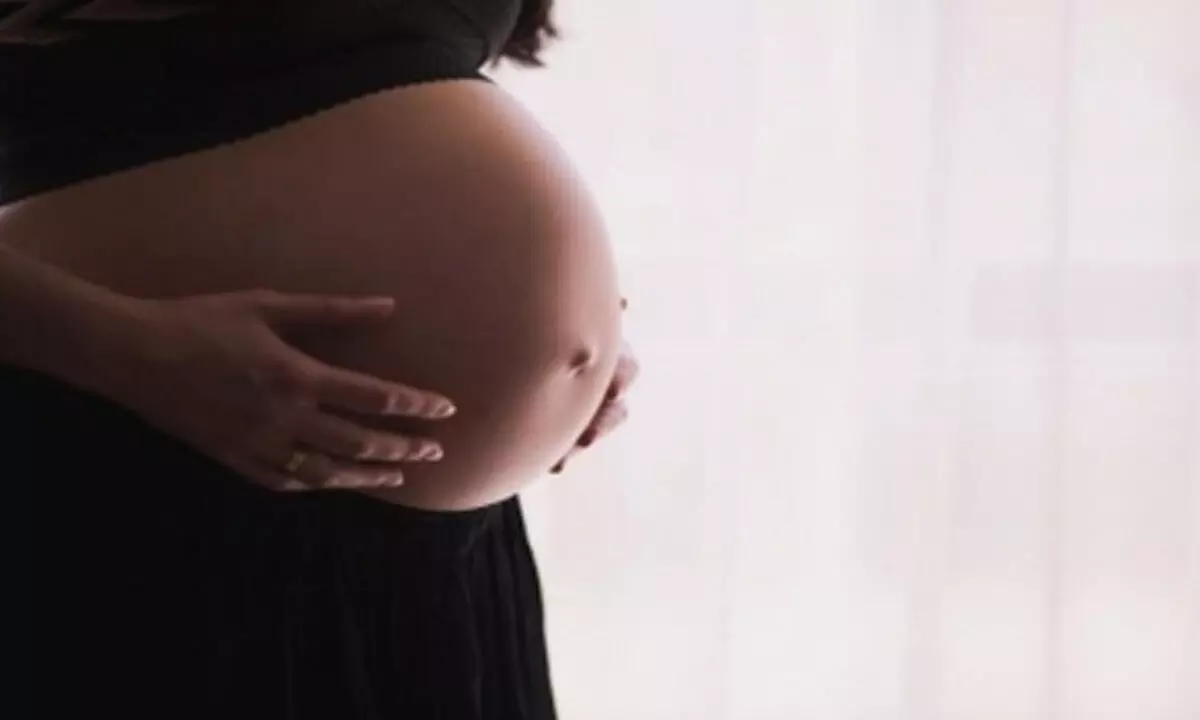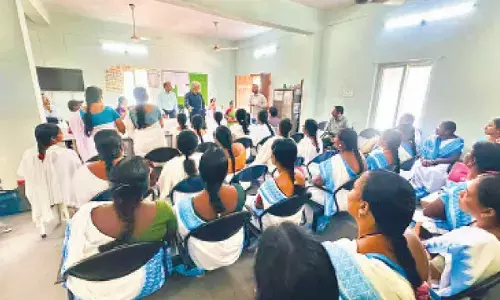IVF pregnancies likely to raise preeclampsia risk: Study

IVF pregnancies likely to raise preeclampsia risk: Study
People who became pregnant using assisted reproductive technologies such as in vitro fertilisation (IVF), intrauterine insemination and other techniques were found to be over twice as likely to develop preeclampsia -- a dangerous pregnancy complication characterised by high blood pressure -- than those with traditional pregnancies, claimed a study.
New York: People who became pregnant using assisted reproductive technologies such as in vitro fertilisation (IVF), intrauterine insemination and other techniques were found to be over twice as likely to develop preeclampsia -- a dangerous pregnancy complication characterised by high blood pressure -- than those with traditional pregnancies, claimed a study.
Preeclampsia is a pregnancy-related complication involving new onset high blood pressure and possible organ damage that poses a serious risk to the pregnant person and the baby.
Although the study did not examine the mechanisms behind the association, researchers said that the placenta may develop differently in some pregnancies involving assisted reproductive technologies than in traditional pregnancies, increasing the likelihood of preeclampsia.
"Having twice the risk of preeclampsia compared to traditional pregnancy should not discourage people from considering assisted reproductive technologies. However, it is important to follow up with a cardio-obstetrician or maternal foetal medicine specialist for appropriate care and timely management if cardiovascular issues arise," said lead author Ahmad Mustafa, cardiology fellow at Staten Island University Hospital in New York.
"Dedicated cardiovascular care needs to be incorporated into the routine follow-up of patients conceived through assisted reproductive technologies," Mustafa added.
For the study, the researchers assessed the rates of cardiovascular complications for 5,874 technology-assisted pregnancies and more than 2.2 million traditional pregnancies.
They first examined rates of various cardiovascular problems, including abnormal heart rhythms, heart attack, heart failure, pulmonary edema, blood vessel-related complications, preeclampsia and gestational diabetes.
Preeclampsia causes a variety of symptoms and complications and can lead to eclampsia, a life-threatening condition characterised by seizures and/or coma in the pregnant person, for which the curative treatment is delivering the baby.
Having preeclampsia also has long-term consequences, including a high risk of preeclampsia in future pregnancies along with an elevated risk of kidney disease and cardiovascular problems, such as coronary artery disease, stroke and heart failure later in life.
The researchers plan to further analyse the data to determine whether certain types of reproductive technologies may confer a higher or lower risk of preeclampsia than other technologies.
They also recommended closer monitoring for pregnancies using assisted reproductive technologies to enable early detection and appropriate management of complications.
The study was presented at the American College of Cardiology's Annual Scientific Session Together With the World Congress of Cardiology.








